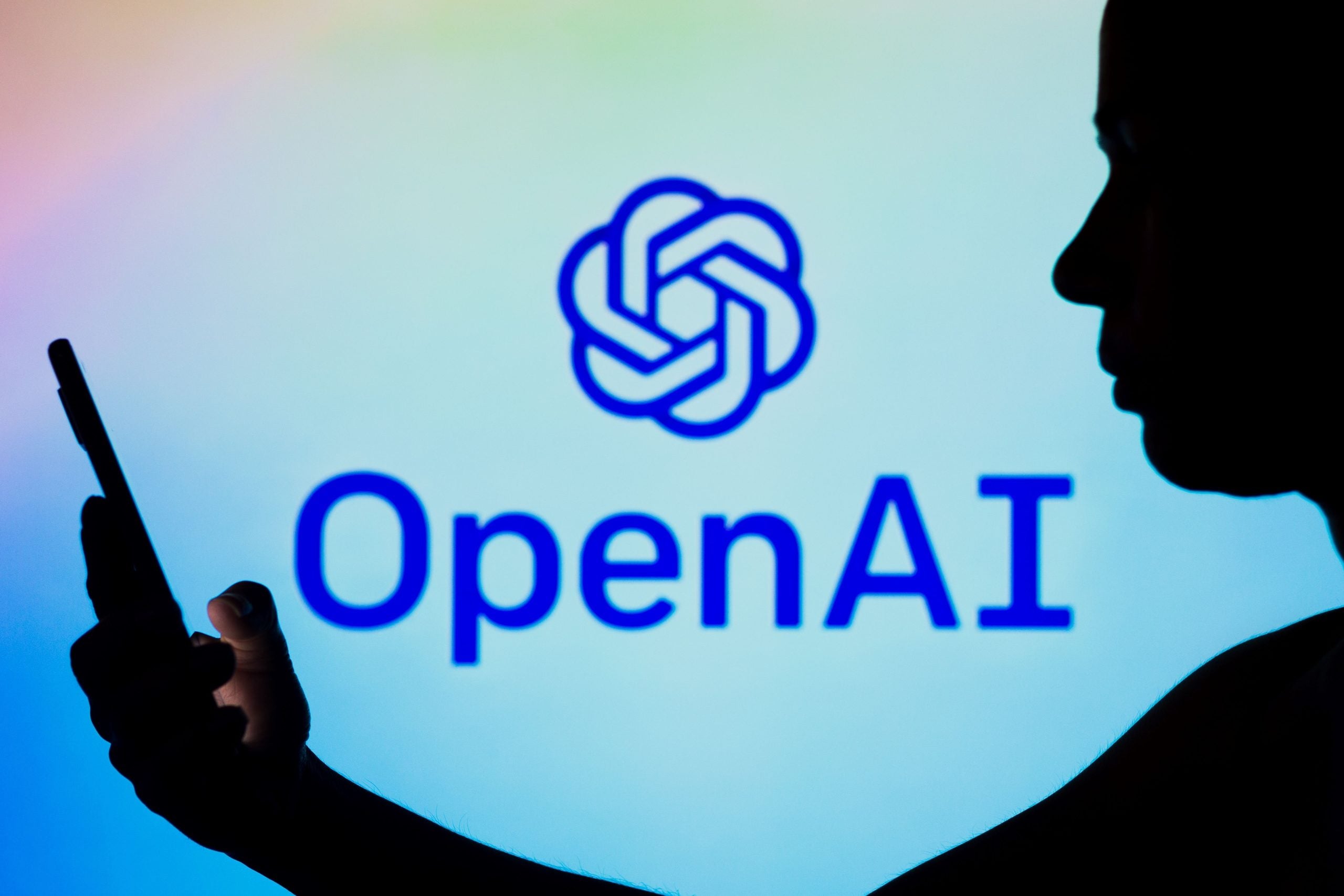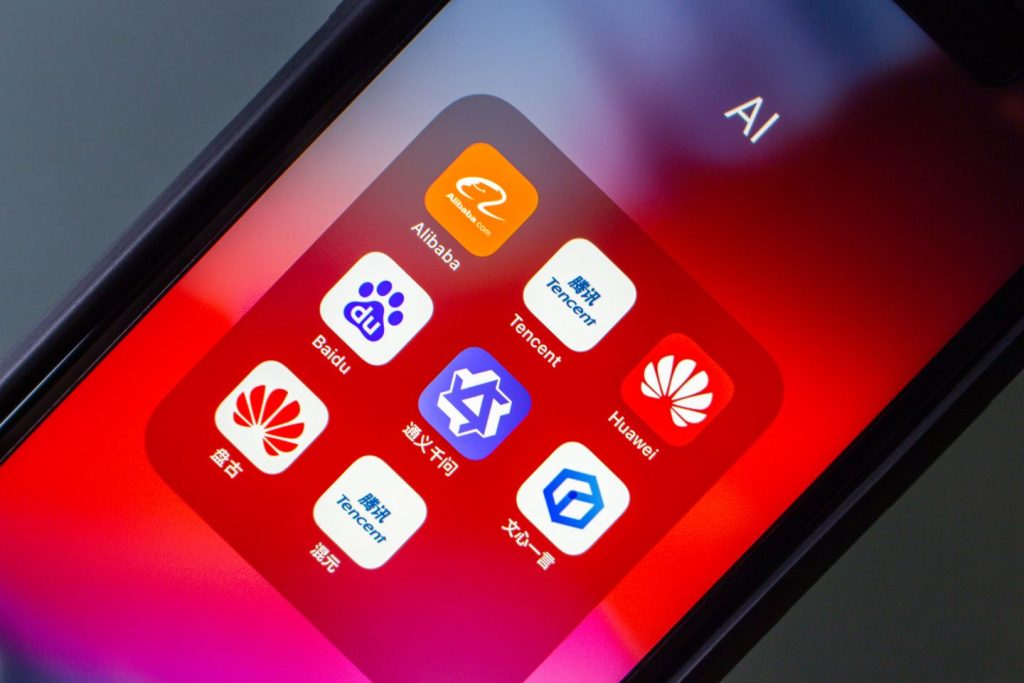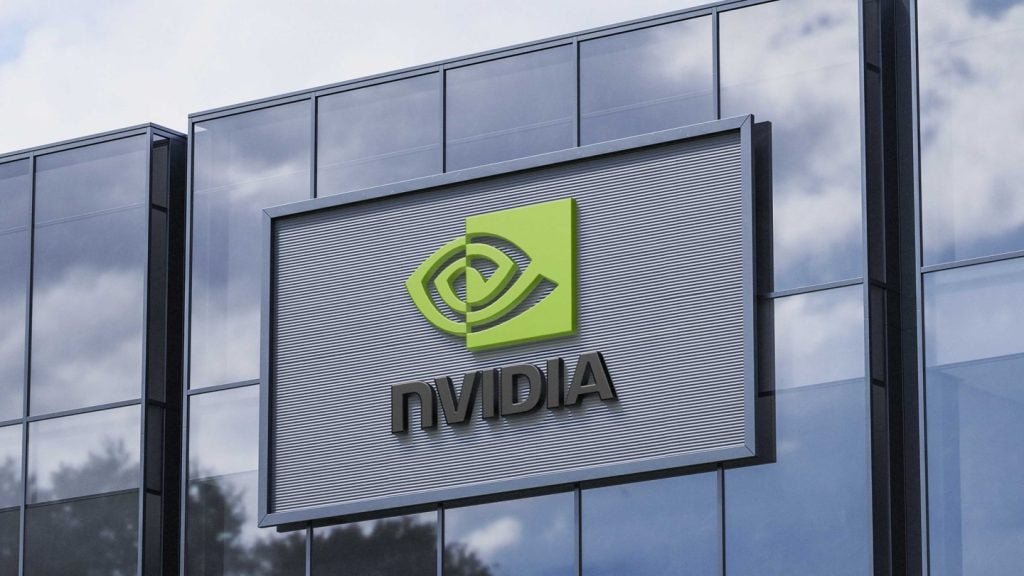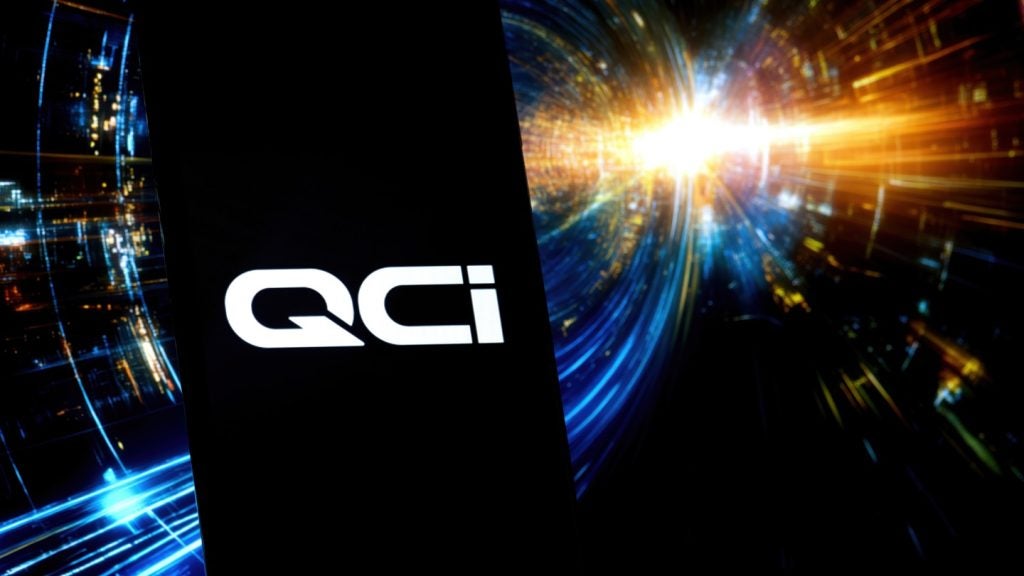
ChatGPT has hit a milestone of 100 million weekly active users, OpenAI CEO Sam Altman announced at the company’s first developer conference on Monday (6 Nov).
OpenAI also unveiled a new marketplace offering tailored artificial intelligence (AI) ‘apps’ to users called GPTs. These personalised GPTs require no coding and can be configured to teach maths or design stickers, for example.
CEO Sam Altman revealed the company’s strategy to leverage the immense popularity of ChatGPT by encouraging developers to work within its ecosystem.
Launched in November 2022, ChatGPT has now amassed an astonishing 100 million weekly active users, underscoring the surging demand for AI-driven applications.
OpenAI will introduce the GPT Store later this month. This platform will enable individuals to share their GPTs and earn money based on the number of users they attract.

Access deeper industry intelligence
Experience unmatched clarity with a single platform that combines unique data, AI, and human expertise.
The GPT Store initiative marks a renewed effort by OpenAI to establish an ecosystem of ChatGPT plugins, following earlier unsuccessful attempts earlier this year.
Altman outlined the company’s vision, saying: “Ultimately, you’ll simply request what you need from the computer, and it will perform all these tasks for you.
“We genuinely believe that a gradual, iterative approach is the most effective means of addressing AI’s safety challenges. We think it’s crucial to proceed cautiously toward this future.”
In addition to the GPTs, OpenAI introduced a range of developer-oriented updates, including significant cost reductions.
For its two million developers, OpenAI introduced the GPT-4 Turbo model, significantly more cost-effective and equipped to handle vast amounts of data compared to its predecessor, GPT-4.

US Tariffs are shifting - will you react or anticipate?
Don’t let policy changes catch you off guard. Stay proactive with real-time data and expert analysis.
By GlobalDataOpenAI also launched application programming interfaces tailored for assistants with vision and image capabilities. The company also initiated a beta program enabling developers to fine-tune GPT-4 models to meet their specific requirements.
The event in San Francisco generated immense interest, with hundreds of developers lining up even before the doors opened. The YouTube livestream of Altman’s speech garnered over 40,000 viewers.
OpenAI’s ambitions extend beyond the developer community, as it aims to encourage more enterprises and developers to create models that can compete with those developed by companies like Anthropic, Google, and open-source models like Meta Platforms’ Llama.
Satya Nadella, the CEO of Microsoft, a supporter of OpenAI, made a surprise appearance at the conference, reaffirming Microsoft’s commitment to supporting the development of foundational models. Microsoft has invested over $10bn in OpenAI.
Nadella stated, “Your mission and our mission is to empower every person on the planet, being able to get the benefits of AI to everyone, and we’re grounded in the fact that safety matters.”
In response to Nadella’s comments, Altman acknowledged their strong partnership and reiterated the importance of a gradual, iterative approach to address AI safety concerns while moving forward cautiously.
Altman shared his vision for the future, stating, “Eventually, you’ll just ask the computer for what you need, and it’ll do all of these tasks for you.”
To address concerns raised by large enterprises, OpenAI introduced its Custom Models program, offering to develop custom GPT-4 models at a “premium” price. In a bid to alleviate concerns regarding copyright infringement claims, OpenAI matched offers from Google and Microsoft by agreeing to cover any legal costs incurred by enterprise users.
OpenAI’s move marks a significant step towards expanding the use and accessibility of AI-driven applications, potentially reshaping the way people interact with technology and accomplish tasks.







